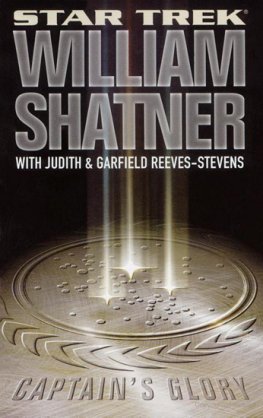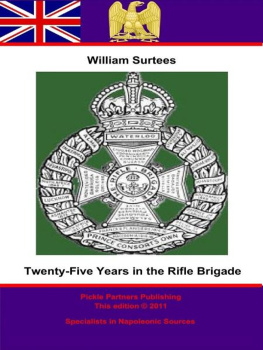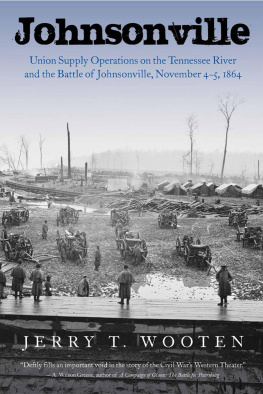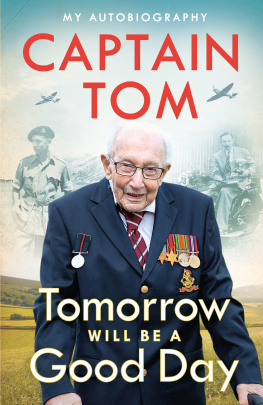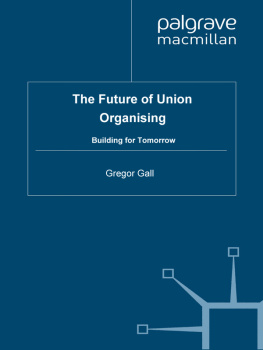2004 by The Kent State University Press, Kent, Ohio 44242
All rights reserved
Library of Congress Catalog Card Number 2003016214
ISBN 0-87338-783-x
Manufactured in the United States of America
08 07 06 05 04 5 4 3 2 1
Parts of chapter 8, Private Quarters, Public Rooms and Buildings, originally appeared as Uncle Sams Landlord: Quartering the Union Army in Nashville, June-August 1863 in the Winter 2002 issue of the Tennessee Historical Quarterly and are used here with the permission of the Tennessee Historical Society.
Library of Congress Cataloging-in-Publication Data
Taylor, Lenette S., 1946
The supply for tomorrow must not fail : the Civil War of Captain
Simon Perkins, Jr., a Union quartermaster / Lenette S. Taylor.
p. cm.
Based on the authors dissertation (Kent State University).
Includes bibliographical references and index.
ISBN 0-87338-783-x (alk. paper)
1. Perkins, Simon, 18381911. 2. QuartermastersUnited States
Biography. 3. United States. ArmyOfficersBiography. 4. United
StatesHistoryCivil War, 18611865Biography. 5. United States
HistoryCivil War, 18611865Equipment and supplies. 6. United
StatesHistoryCivil War, 18611865Transportation. I. Title.
| E467.1.P44T39 2003 |
| 973.741092dc22 | 2003016214 |
British Library Cataloging-in-Publication data are available.
A person casually browsing the collection of a public or academic library would find shelf after shelf filled with volumes related to the American Civil War: biographies; memoirs; letters and diaries; studies of African Americans, Irish soldiers and life in the Union and Confederate home fronts; analyses of why the North won or the South lost; and countless descriptions and rehashings of battles. Even more endless are the hundreds of articles in Civil War magazines and journals as well as nonspecialist periodicals. The selection seems unlimited and shows no sign of slowing. Yet in the vast literature pertaining to the nations longest lasting and most violent internal conflict, there is almost no evidence of the men who made it possible for the generals to fight the battlesthe quartermasters. Despite their invaluable services to both armies, supply officers have remained virtually invisible.
Although inferior in rank to the major generals who commanded armies in the field, Union Quartermaster Brig. Gen. Montgomery Meigs considered himself the second most important officer in the army after the general-in-chief. Meigs directed the governments largest business operation, and his military domain extended from the Atlantic to the Pacific and from the Great Lakes to the Gulf of Mexico. His department spent more money than all other bureaus of the War Departmentincluding Subsistence and Payrollcombined. Federal quartermasters had the most diverse responsibilities of any branch of the War Department, outlined in two brief paragraphs of Army Regulations:
This department provides the quarters and transportation of the army; storage and transportation of all army supplies; army clothing; camp and garrison equipage; cavalry and artillery horses; fuel; forage; straw; material for bedding, and stationery.
These were traditional duties of the department, but Civil War quartermasters performed the tasks for armies whose size and geographical dispersion were far greater than any of which the army had experience.
General Meigs fully appreciated his subordinates Herculean, but hidden, contributions to the Norths victory. Fewer than fifteen hundred men served as federal quartermasters during the Civil War, but they made it possible for the Union not only to assemble and outfit vast armies but also to move and sustain those armies, with their mountains of materiel, through both Northern and Confederate states. Transportation and communications improvementsespecially the great dependence on railroads, steamships, and telegraphyfurnished the supply officers with greater resources but required them to develop systemized management techniques. Moreover, quartermasters in the Civil War confronted a host of situations peculiar to that conflict. Operating in territory occupied by large numbers of civilians of divided loyalties and different races, quartermasters had to determine the loyalty of citizens, procure civilian property for government use, and employ thousands of civilian workers, including huge numbers of free blacks and former slaves, as well as women.
Despite their crucial role in the war, quartermasters have been woefully neglected in Civil War studies. Except for numerous bits and pieces pertaining to corruption in the supply bureau, both academic and popular historians have largely ignored the men who were indispensable cogs in the nations war machine. Quartermaster General Meigs has attracted some attention, although his Civil War service has not been examined in depth, nor have any of his papers been published as primary source material. Russell Weigleys Quartermaster General of the Union Army: A Biography of M. C. Meigs (1959), which remains the only full-length biography of Meigs, contains only three chapters concerning his Civil War activities. A couple of articles are mostly a rehash of Weigleys monograph. (Weigley, Montgomery MeigsA Personality Profile, Civil War Times Illustrated [November 1964]: 4248, and Sherrod E. East, Montgomery C. Meigs and the Quartermasters Department, Military Affairs 25 [spring/ winter 196162]: 18396.) The most comprehensive history of the supply bureau and two major studies of military logistics and command contribute limited, albeit helpful, coverage to quartermaster operations during the Civil War (Erna Risch, Quarter master Support of the Army: A History of the Corps, 17751939, 1989; James A. Huston, The Sinews of War: Army Logistics 17751953, 1966; Edward Hagerman, The American Civil War and the Origins of Modern Warfare: Ideas, Organization, and Field Command, 1988).
Several federal quartermasters published autobiographies that are interesting and somewhat enlightening but tend to be rather self-serving: Roeliff Brinkerhoff, Recollections of a Lifetime, 1900; William Gates Le Duc, Recollections of a Civil War Quartermaster: The Autobiography of William G. Le Duc, 1963; Charles Leib, Nine Months in the Quartermasters Department: or The Chances for Making a Million, 1862; James F. Rusling, Men and Things I Saw in Civil War Days, 1899.
Lack of primary source material has been a major hindrance to studying individual quartermasters. A survey of bibliographical sources and historical archives, including the Military History Institute, U.S. Quartermaster Museum, and more than forty public and private historical societies and libraries, turned up only a handful of collections of quartermasters papers. Quartermasters were supposed to keep copies of their financial and property reports. Added to their correspondence, personnel records, and other documents, supply officers could accumulate huge quantities of records. Apparently most officersor their descendantssaw no value in such collections and readily discarded the materials. Records in the National Archives are incomplete, sometimes inaccurate, and so widely distributed among dozens of record groups and agencies that to track an individual officer is extremely difficult, if not impossible. For example, once the Treasury Department completed its postwar audits of quartermasters accounts in the 1870s, most of the records were destroyed, because there was no place to store them. Much of what the federal government did retain was stored under conditions that caused severe damage to, and loss of, the documents. Some items are misplaced, misfiled, or impossible to locate. Also frustrating is the amount of material that is cross-referenced by a system that is not understood by current researchers and curators. Accounting records have particularly suffered this fate. Just as information produced by earlier generations of computer software may be no longer usable because it cannot be deciphered, Civil War documents, such as an audit record, that direct the reader to a certain file identified by a numerical code are also worthless when contemporary users cannot interpret the coding system.


